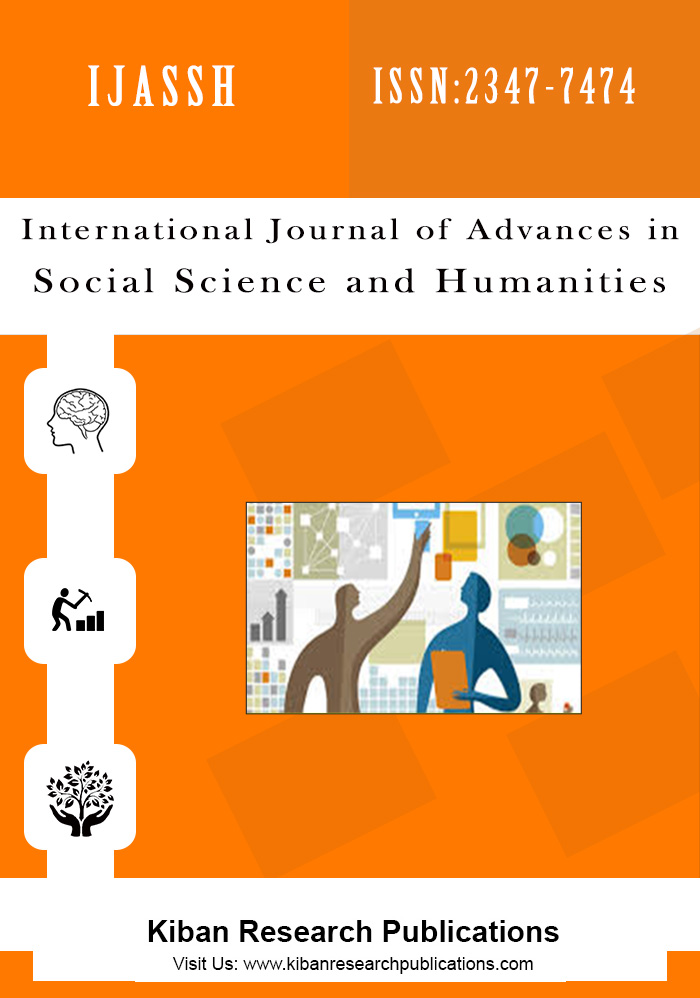The End of History? Not Quite, Analyzing Francis Fukuyama’s Argument
Abstract
The aim of this essay is to evaluate and reframe the article, “The End of Historyâ€, by American economist, Francis Fukuyama, which appeared in The National Interest in 1989. He applies Hegel’s theory, the idea of freedom as the absolute and final aim of society, to argue the worldwide triumph of economics and political liberal democracy has resulted in the end of history. My question is whether it is actually happening or not. Fukuyama focuses on the fall of Marxism-Leninism. To the contrary, though, I discuss the rising militaristic autocracy in African countries and strong nationalism which has been seen in Southeast Europe. Today’s political regimes in undeveloped countries are often unstable; therefore, it seems premature to accept Fukuyama's thesis "The End of History."
Â
Keyword: Africa, Autocracy, Bosnian War, Cold War, Congo, Democracy, Dictator, End of History, Fukuyama, Gorbacev, Gnassingbe, Kosovo War, Leninism, Liberal, Marxism, Nationalism, Political Regime, Russia, Serbian, Soviet, Socialism, Yugoslavia.




